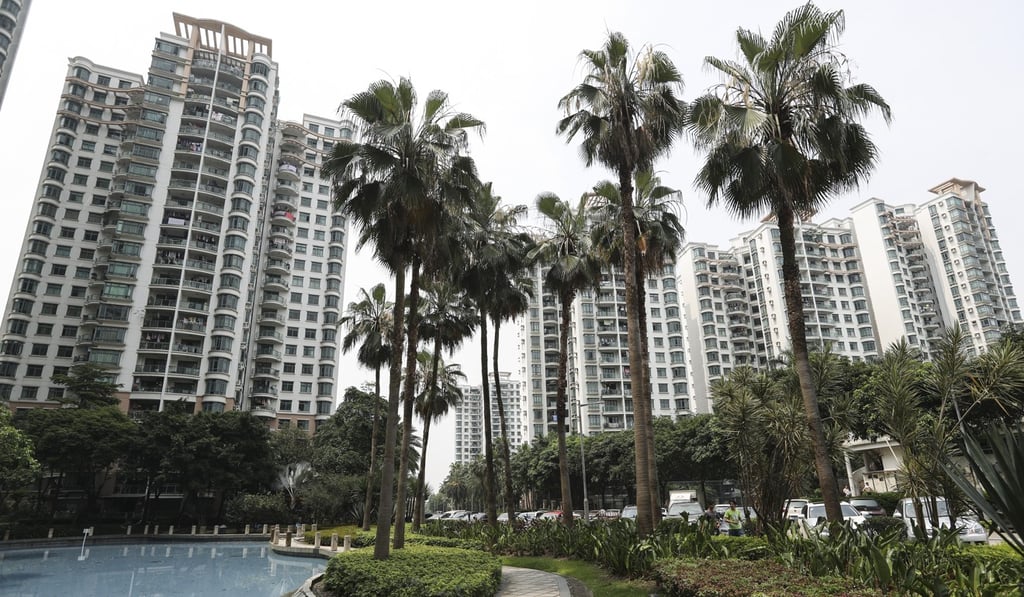Concrete Analysis | Demand for property management services on the rise as new developers enter Hong Kong
New entrants to Hong Kong’s residential market can find setting up an in-house property management team to be daunting and expensive

As the government increases land supply to deal with a shortage of flats, smaller developers and many from the mainland have entered the property market in droves. These newcomers know professional skills and knowledge are needed to manage land sites and deliver services that residents have come to expect – and on which developers’ reputations are built – creating fresh opportunities for professional property management firms.
Land bidding in Hong Kong has become more intense since small and medium-sized developers along with their Chinese counterparts stepped up their game. They acquired 21 land sites in 2014 or 72 per cent of the total for the year. The next year, they bought 17 out of 21 land sites, increasing their share by four percentage points. In 2016, they snapped up 23 plots, or 78 per cent of land sites. Last year, they bought nine sites, or 90 per cent of the total, with only one going to a single local heavyweight.
After developers secure a site, it usually takes at least six months before construction begins and during this stage a property manager carries out a comprehensive study of what clubhouse facilities, common areas and gardening features need be developed to meet the expectation of residents. This boosts the demand for management services.
When the new entrants decide to establish their own property management team for a residential property project, they face financial burden and recruitment challenges. For example, expenses for a property management team with a portfolio of five buildings could exceed HK$400,000 a month (US$64,000) which includes salaries for all the staff involved such as property managers, technicians, accountants and customer service. And this excludes office space rent. That outlay could rise by 30 to 40 per cent in the second year when the housing estate has been completed because of expenses related to maintenance and on-site staff. If this results in a sharp increase in management fee, the developers’ reputation may be tarnished and sales of other projects affected. Thus, many developers team up with property management companies in setting the management fee at the most acceptable rate to avoid an unreasonable increase in the subsequent year.

Recruiting talent to manage a residential property is not easy. Jobseekers are more willing to work for office buildings and shopping malls than residential projects because residents tend to have higher expectations and require 24-hour security and property management. Also, candidates prefer professional property management companies because they offer training, which helps them to obtain professional licences and qualifications, and provide more opportunities within a well-established and leading company in the industry.
